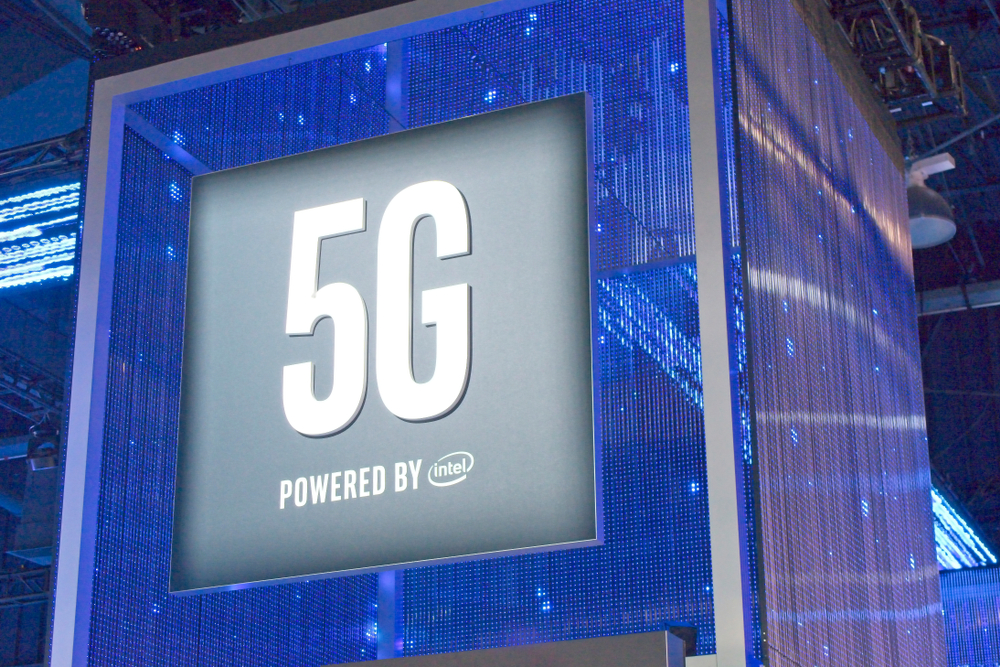Intel's Done Sharing 5G Tech With China's Unisoc
Intel will end its 5G technology sharing partnership with Unisoc, China’s second largest mobile chip maker. The venture was announced less than 12 months earlier, acording to a report today by the Nikkei Asian Review.
Last year, Intel announced a “multi-year” venture that would give it access to China’s market. In return, Intel would share all of its 5G technology with Unisoc, the maker of Spreadtrum chips. Short of 12 months later, the partnership has ended.
In 2014, Intel invested $1.5 billion for a 20 percent stake in China’s Tsinghua Unigroup, which owns Unisoc (formerly known as Spreadtrum). That partnership was based upon Spreadtrum building systems-on-chip using Intel’s Atom microarchitecture, but that partnership also came to an end last year, when Spreadtrum announced it would stop making Atom-based chips. The announcement surprised no one considering Intel itself had previously announced it would exit the mobile SoC market.
The U.S. government has recently barred federal agencies from using devices or equipment made by some Chinese firms. Furthermore, the U.S. government has also launched a global campaign against Huawei, warning that the Chinese company’s equipment may contain backdoors that would put critical infrastructure at risk. The U.S. government has also asked allies to stop sharing intelligence information over Huawei-provided equipment, if the allies continue to use Huawei gear.
Robert Topom, GM of Intel's 5G Strategy and Program Office, told Nikkei Asian Review that the decision was "just made recently." The publication noted Intel denied that the partnership was halted due to pressure from the U.S. government.
Yet, an unnamed source Nikkei Asian Review claims has "direct information" said that while former Intel CEO Brian Krazinch was a favor of the deal, "Intel has been concerned the closer ties with the Chinese government-sponsored company could somehow upset U.S. authorities given the current tensions between the two sides." Unisoc declined to comment to the publication.
Unisoc also announced that it plans to release a 5G modem that was built in-house without any help from Intel. Smartphones using Intel’s own 5G modems are expected to ship in 2020, and Apple is expected to be one of the main customers after its recent spat with Qualcomm.
Get Tom's Hardware's best news and in-depth reviews, straight to your inbox.
Lucian Armasu is a Contributing Writer for Tom's Hardware US. He covers software news and the issues surrounding privacy and security.
